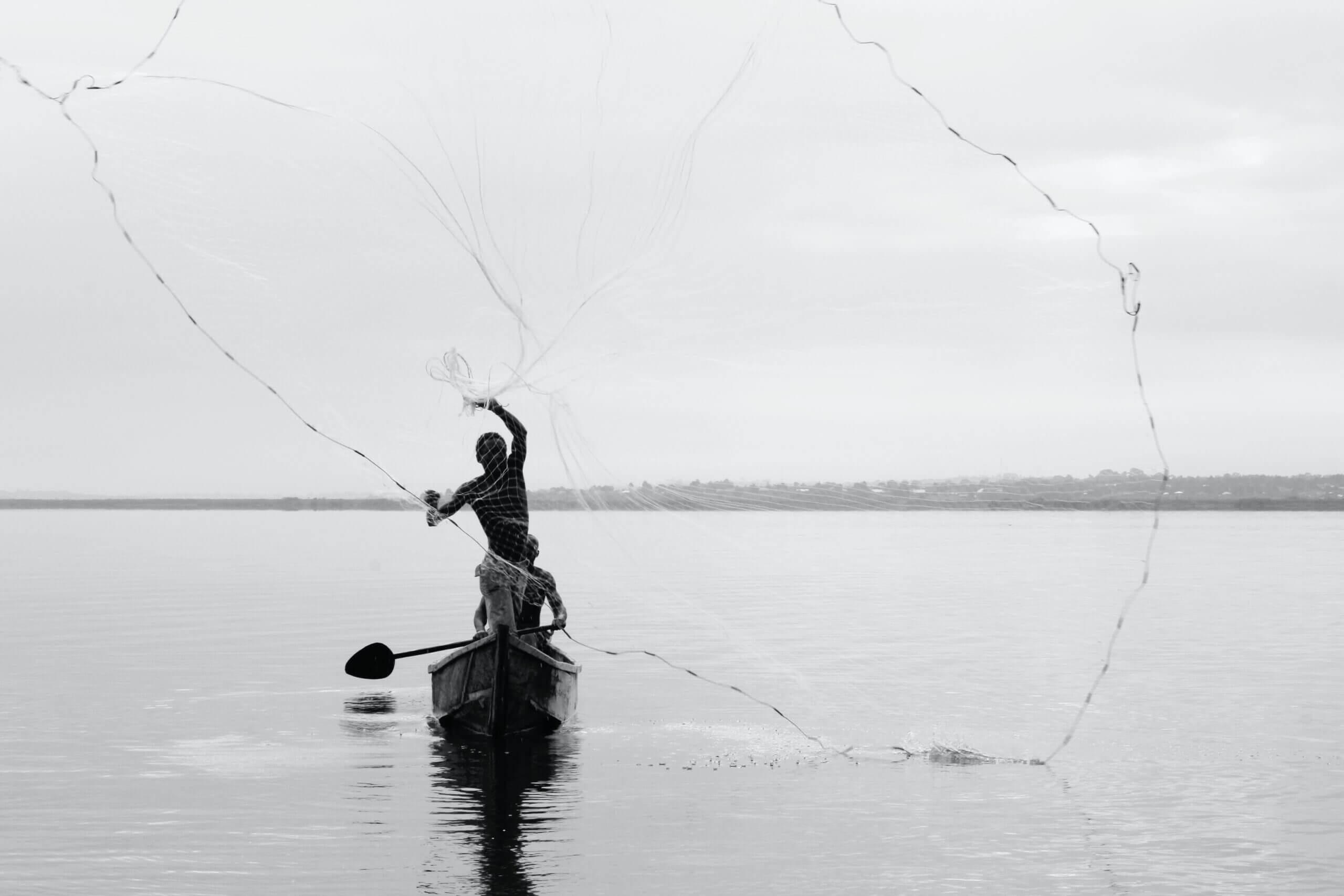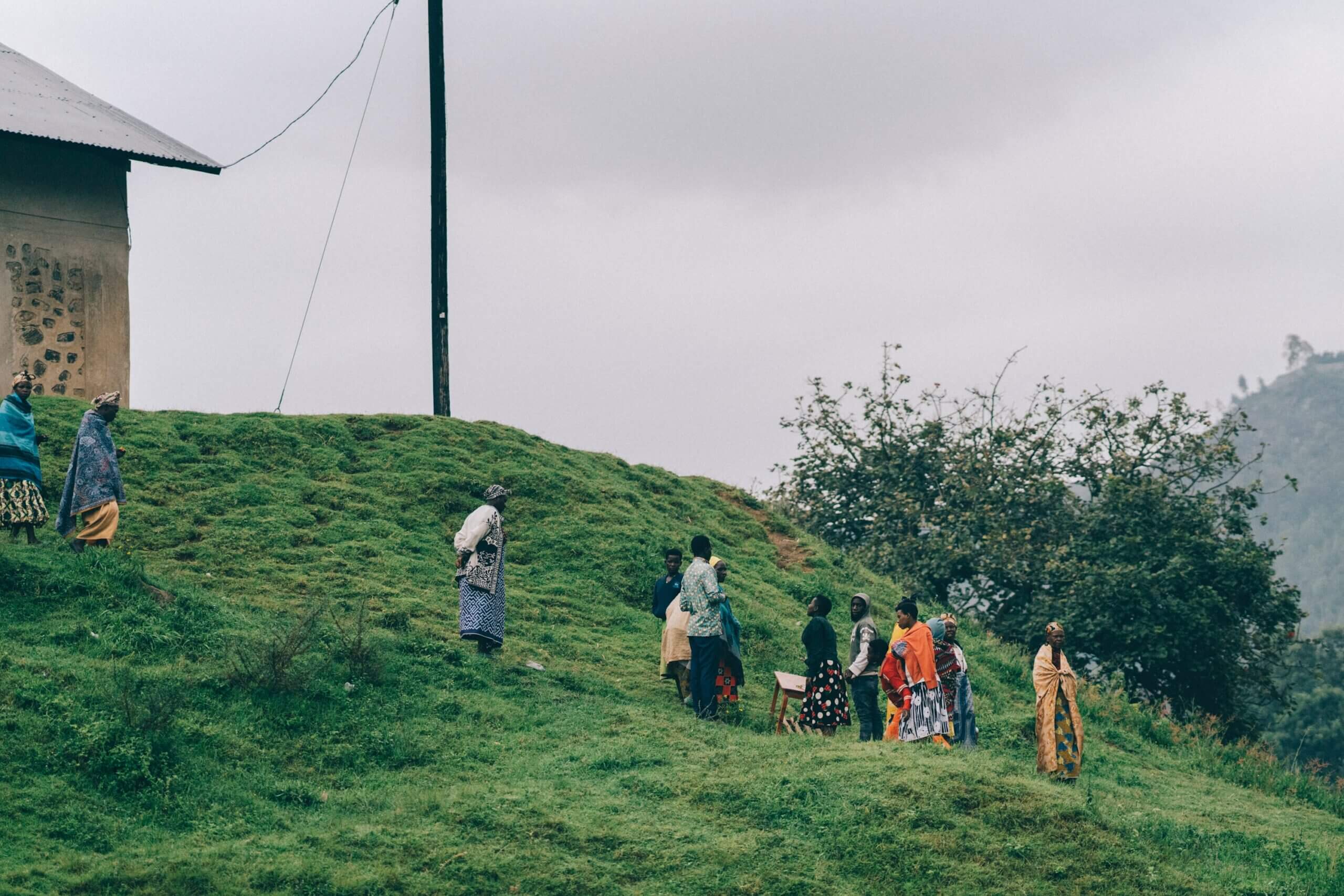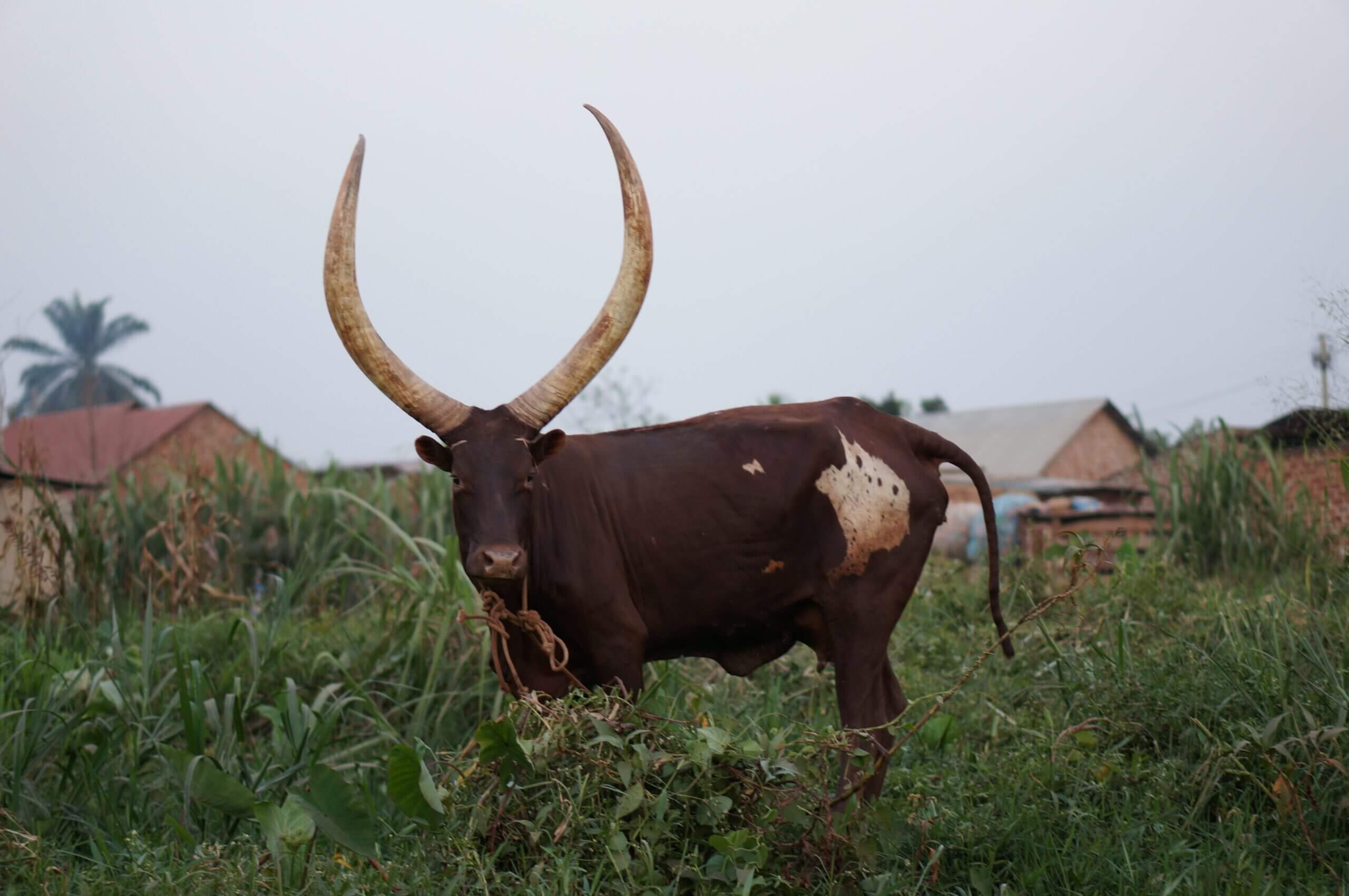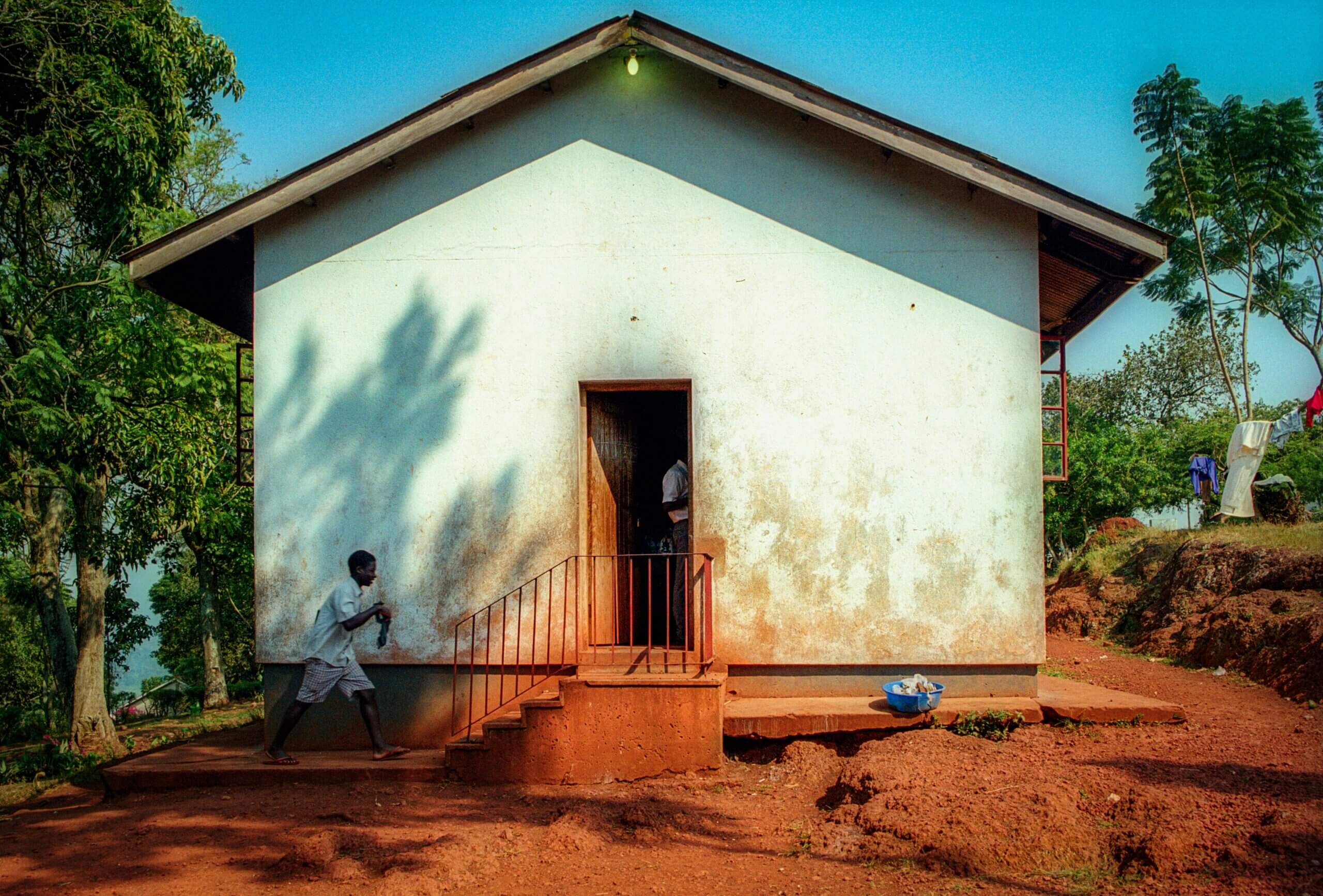Located in East Africa, Uganda is littered with child street prostitution, with about 10,000 kids living on the streets in the country.
This crisis is partly caused by the country’s worn-torn past, which rocked the economy, displaced millions of people, and killed hundreds of thousands of citizens – all within about the past 50 years.
To understand the country’s history, we must rewind the tape.
About 500 years ago, Uganda was split into four kingdoms, Bunyoro, Ankole, Toro, and Buganda, the chief kingdom. Each domain had a king, reigning over upper-class citizens and farmers in their slice of the country.
In the late 1850s, two British explorers, John Hanning Speke and Captain Richard Burton, stepped into the country after following the meandering river of the Nile. They were hunting for the source of it, Lake Victoria.

Britain, and its missionaries, soon colonized the country to control the river.
In the early 1960s, Britain unclenched its grip on Uganda, allowing the country to become self-ruling, according to global anti-poverty organization International Rice Research Institute. Uganda had a healthy economy and was “ready to take off,” the organization said.

Things began to fall apart,” however.
The butcher
In 1966, Ugandan prime minister Milton Obote, who also controlled the nation’s military, demolished the four kingdoms before sitting on the throne as president of Uganda.
But the military turned on him five years later.
The military’s chief commander, Idi Amin, overthrew the government and put on the hat of president.
Being tall, charming and known for shaking hands with commoners, Amin was initially welcomed by citizens of Uganda. But his true colors soon shone, and he started a brutal, eight-year reign over the country.
Known as the Butcher of Uganda, Amin looted the country, tortured people, and carried out mass executions of people he perceived as a political threat, including an ethnic group in northern Uganda, Acholi.
He also kicked Uganda’s Asian population, about 60,000, from the country.
Amin murdered about 300,000 people in Uganda before his reign ended.
The guerilla war
In 1980, former president Milton Obote made a comeback by becoming president again after winning a general election.
But some people believed it was rigged, including young politician Yoweri Museveni, who founded a political party called the National Resistance Movement, which also had a rebel wing named the National Resistance Army.
Museveni and his army soon started a guerrilla war against the government, which lasted about five years. Between 100,000 to 500,000 were killed during this war, according to the UK-based publication BBC.
In 1986, Yoweri Museveni became president.
Lord’s Army Resistance
A year later, Ugandan militant and heterodox Christian group Lord’s Resistance Army stepped out from the shadows for the first time.
The group was founded by Ugandan warlord Joseph Kony, and formed by Acholi communities who suffered under former president Idi Amin.
The group, filled with armed soldiers, wanted to overthrow president Museveni and create a government based on the biblical ten commandments.
However, the Lord’s Resistance Army began terrorizing the country – and neighboring countries – in a stomach-churning way for about 30 years.
During these decades, the group was notorious for kidnapping tens of thousands of civilian children from their families and turning them into child soldiers, forcing them to murder and mutilate civilians – cutting off lips, noses, ears, legs and arms.
The group’s soldiers also turned abducted girls into wives and sex slaves.
Near the end of its reign, the group had murdered more than 100,000 people – not even sparing babies. On top of pillaging and destroying civilian property, the group displaced about two million civilians into squalid camps across Uganda.
In 2006, the Lord’s Resistance Army and the government began peace talks, but conflict lingered until Uganda’s military, alongside troops from the United States, finally weakened the rebel group in 2017.
As a consequence of a despotic leader, civil war and a nauseating rebel group, Uganda endured the tragic loss of up to 900,000 people in the past 50 years.
Now
Today, The Lord’s Resistance Army exists as a shadow of its former self – though it’s still a menace in Central Africa. Hiding in jungle camps across the region, the group continues to “inflict harm” on people, according to an article last year on online news publication The New Humanitarian.

People don’t sleep well,” in the region, the article said.
Defying the political odds, Yoweri Museveni, 76, is today still president of Uganda. Nicknamed Sevo, Museveni has won six back-to-back elections since taking power in 1986.
For 77% of Ugandans, those under age 30, they’ve known only one president.
Uganda’s war-ravaged history has partly fuelled poverty in the country by displacing thousands of people, forcing the government’s hand to spend money on war rather than the economy, and rocking the country’s backbone, the agriculture sector.
Uganda’s poverty, however, also exists because of a lack of education, high fertility rates, climate change and outdated farming practices.
Farming, climate change
According to a report in July by United States government agency International Trade Administration, the agriculture sector is the primary source of income for about 70% of Ugandans.
Coffee is the nation’s main export too.

With fertile soil, low temperatures, and two rainy seasons in the country, Uganda could have the best farming sector in Africa, the report says. The land could feed 200 million people, but merely 35% is being cultivated.
This is because Uganda’s impoverished farmers cannot commercialize their farms. They lack modern tools, fertilizers, quality packaging, and pesticides to stop crop disease. It’s also pricey to transport goods because the country’s roads are often impassable during wet weather.
What’s worse, climate change, like rising temperatures, floods, and prolonged droughts, has hurt the agriculture sector by killing crops, animals, and coffee trees’ health.
Many hands make light work
Uganda is also facing poverty because the country has the highest fertility rate on the planet.
Each woman is expected to have seven children on average – a little less than triple that of the global average of 2.7 children per woman.
Aside from about 80% of women lacking contraception, a big reason for this rate is because many poor families want plenty of children to work on their farms.

This turns into a problem when parents don’t have the income to feed or educate them, creating a generation of uneducated people in the country.
Empty classrooms
Like other developing countries, Uganda’s poverty is backed by a lack of education in the country. There is a bucketful of reasons behind this issue, ranging from absent teachers to sexual assault in school.
Ugandan kids might attend primary school, but only one in ten attend secondary school, according to the report by ECPAT International. Of those who stopped at primary school, more than half are still illiterate.
Most children with disabilities, however, never get the chance to walk into a school in the first place, given there’s a shortage of special needs teachers in the country.
Children, both able-bodied and disabled, are severely uneducated in northern Uganda. In ethnic group Karamojong, under the ethnic banner Nilotics, 90% of girls are either two years behind at school or have never seen the inside walls of a classroom.

Taking a peek at why poor education exists in Uganda, many kids leave school because they cannot afford school fees or must find a job to support their families.
But even if they attend school, their teacher might not.
More than 60% of teachers skip class in half of the public schools in the country, according to global child rights agency UNICEF.
Poor education is also backed by a lack of pre-schools, qualified teachers and awareness around the value of kids needing an early education.
Ugandan girls have unique obstacles blocking their education.
Some girls must leave school because they got married, become pregnant, or start menstruating.
In rural Uganda, girls often miss – or outright leave – school once menstruating because schools suffer from ‘period poverty’ – a term to describe a lack of washrooms, sanitary products, and education on hygiene. Plus, peers might bully them for menstruating.
These girls miss as many as eight days of class each school term, according to a post in 2014 by a UK-based publication The Guardian.
One of the worst reasons girls do not attend classes is sexual abuse in schools by teachers and students.
Sexual abuse is “rife” across schools in Uganda, UNICEF says. Nearly a quarter of kids in the country have suffered from this kind of abuse in schools.
Uganda students have described sexual abuse at school as unwanted and forced sexual behavior, both physical or psychological ‘torture’ in nature – from rape to name-calling.
This issue is partly caused by a lack of law enforcement to punish offenders, and stigma. Sexually exploited students might not speak up because they fear they’ll be blamed or judged once abused.


 Australia
Australia New Zealand
New Zealand United Kingdom
United Kingdom